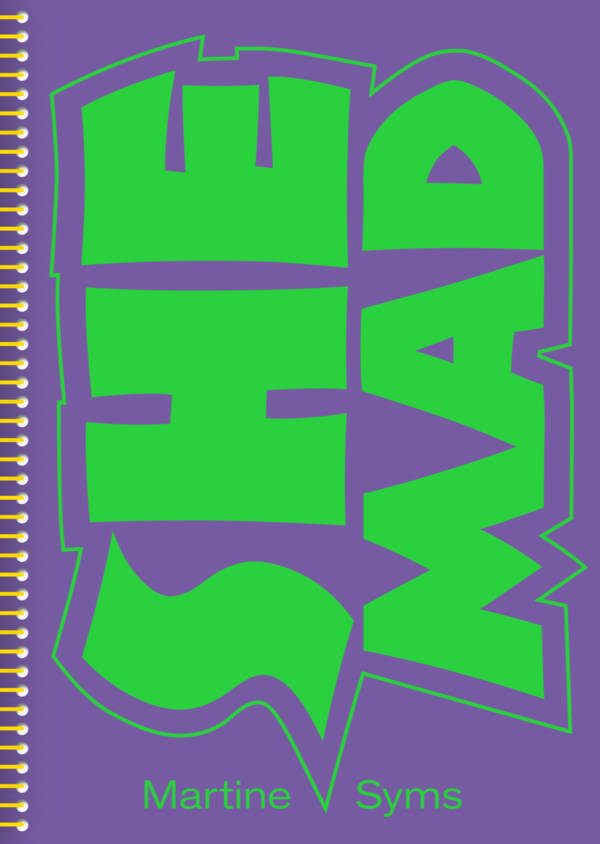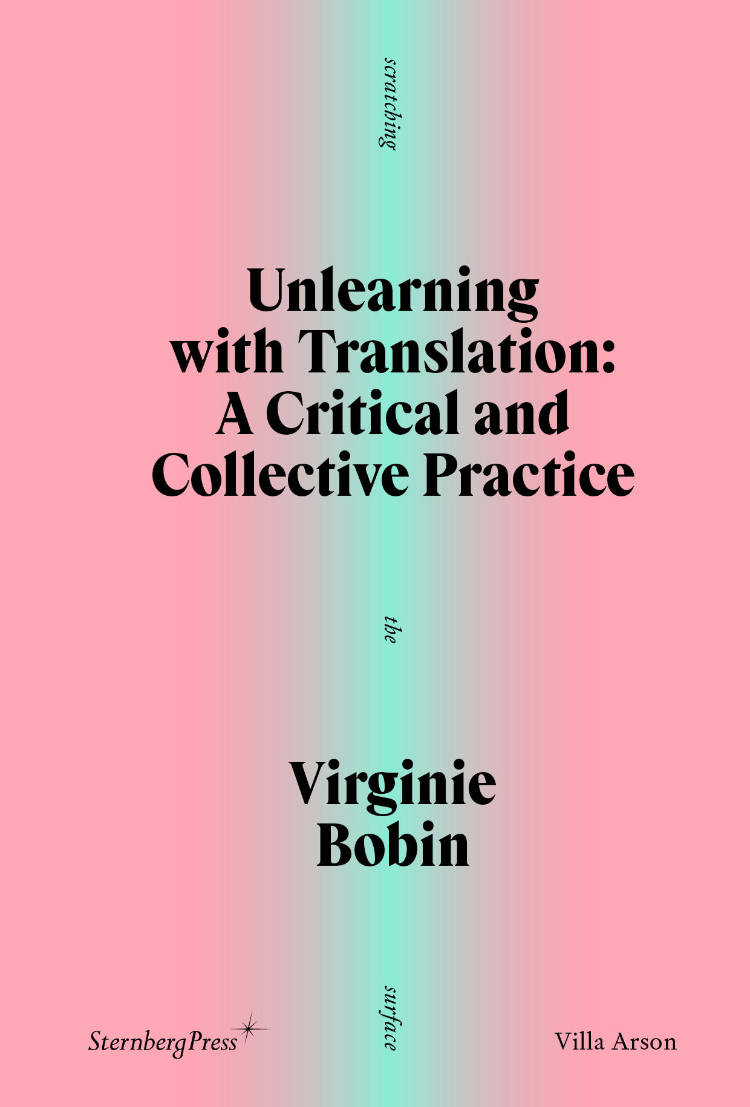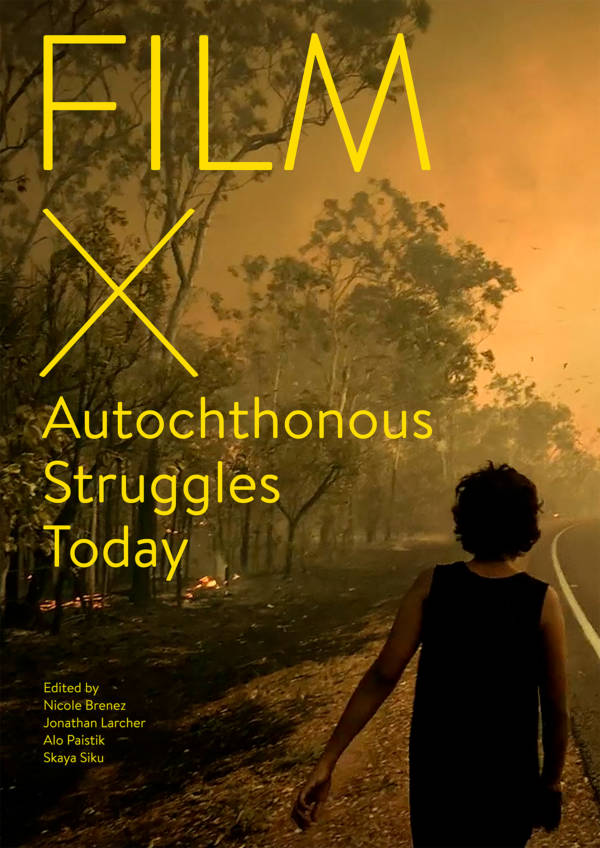
She Mad
She Mad gathers materials and documentation on Martine Syms' seminal episodic project of the same name. Each episode of this series takes a different format, using various narrative formats, from sitcoms to TikTok videos, and includes filmed footage as well as research materials. Each episode revolves around a protagonist, also named Martine—an overachieving, stoner graphic designer who lives in Hollywood and wishes she were an important artist.
The first episode Pilot for a Show about Nowhere (2015) merges a semi-autobiographical account of Syms' own life as a young black woman with a video essay-like narrative on the history of commercial television and its assumed target audiences. The episode Laughing Gas (2016) draws on early cinema, specifically the 1907 silent film of the same name by Edwin Porter, one of the earliest examples of a black female actress, Bertha Regustus, performing an independent role on-screen. Intro to Threat Modeling (2017) is told through email exchanges, screengrabs, and an avatar, outlining the effects of surveillance on subjectivity. The episode Bitch Zone (2020) takes us to an empowerment programme for teenage girls founded by supermodel and business mogul Tyra Banks.
Published on the occasion of the exhibition She Mad – Season One at Bergen Kunsthall, Norway and the Museum of Contemporary Art, Chicago, USA.
Martine Syms (born 1988 in Los Angeles) is an American interdisciplinary artist who has earned wide recognition for a practice that combines conceptual grit, humor, and social commentary. Her works explore how mass media shapes and frames identities and cultures. Drawing from early cinema, television, the internet, social media, and ambient footage produced by phones and surveillance, Syms addresses the ways in which representations of black identity and gender appear in the public imagination.
Edited by Axel Wieder.
Texts by Jadine Collingwood, William Pym, Axel Wieder.







